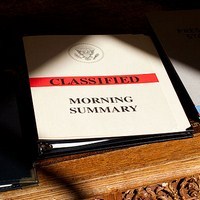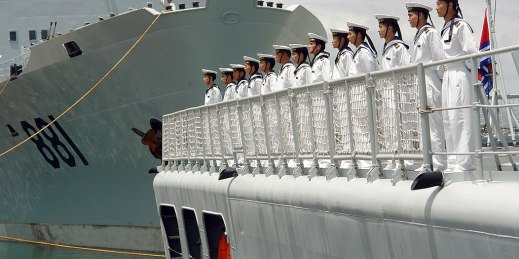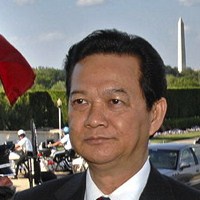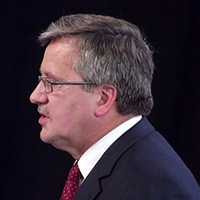
Maritime crime and disorder have plagued the Gulf of Guinea for decades, as weak and corrupt maritime security regimes emboldened thieves, smugglers and traffickers to exploit the littoral realm. The bountiful vessels serving Nigeria’s oil fields have presented a particular brand of pirates with a lucrative array of targets. With piracy no longer confined to Nigerian waters, however, West and Central African states have now recognized piracy as a regional crisis, as highlighted by a June 24-25 summit in Yaounde, Cameroon, to address the issue. “No country can withstand the growing challenges individually. That is why we agreed to put […]





